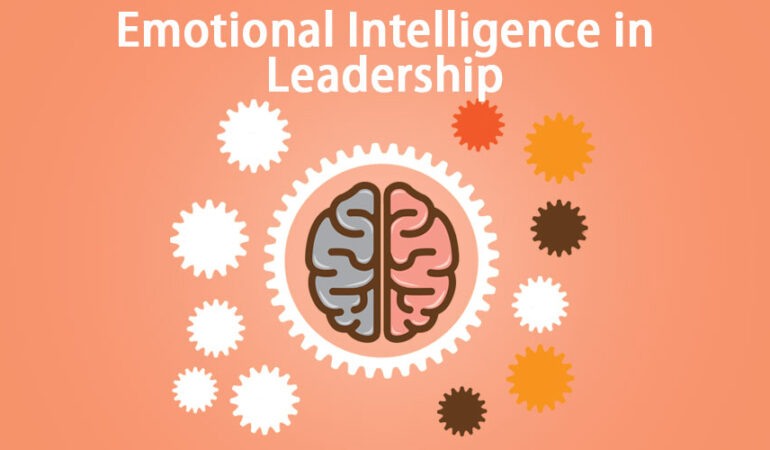Emotional Intelligence in Leadership in the UK
Organizational behavior is the basic protocol to streamline business etiquette, and Emotional Intelligence (EI) forms its core. Also defined as Emotional Quotient, EI is an inherent quality of leadership that enables managerial understanding in the UK.
The diversification of business roles in the contemporary enterprise market has a significant impact in the UK. It also decides the hierarchical structure’s responsibilities that are solely built on EI, among other attributes. Let us delve into the minute details that suggest the values of emotional intelligence across business platforms.
Bridge to Effective Communication in the UK
Emotional Intelligence is the key to establishing sustainable communication networks for an organized business workflow in the UK. Understanding the emotions of teammates helps build the agility of a leader. Effective networking requires long-term risk management, contingency planning, and reorganization skills. All these skills form the basis of emotional intelligence, thus defining the quality of robust leadership.
The bifurcation of communication platforms requires critical analysis of task lists and the performance of an organization. A leader with an intense workload should be able to modify existing strategies without triggering hierarchical tension. For that purpose, Defining Emotional Intelligence is needed to bridge an effective communication network.
Handling Organizational Stress
Organizational stress is inevitable under various circumstances of a consistent business model in the UK. Lack of skills and ability to judge and make decisions in quick succession could prove crucial to the timely deliverables and might not meet the anticipated results.
The process involves an immense emotional burden and poses severe challenges to the credibility of leadership. Therefore, a leader with strong emotional intelligence in leadership could alleviate the seriousness of complicated situations and arrive at probable solutions.
Problem-solving in leadership demands careful study of emotional strings attached to the individual set of workflow. Empathizing with the core of the issue with meticulous introspection of self promotes formidable leadership qualities.
Leaders with a persistent effort to handle organizational stress without compromising the quality of the business model are a boon to any thriving business industry.
Revived Work Pattern in the UK
Yet another attribute of emotional intelligence in the workplace consists of work patterns which should be the deciding factor for an organization’s growth. It falls into the categorical leadership qualities to design the task sheet that could, in turn, act as a blueprint for the team. The tasklist changes based on the KPIs and other factors governing productivity at regular intervals.
Adopting the revived work culture needs to be briefed by leaders who are adept in emotional intelligence. It also requires efficient communication tools, which on other occasions, can be seemingly proficient in defining the personal outlook of a leader. You can either understand the individual difficulties of a sudden change in work pattern or assign a point of contact that can do the job for you.
Emotional Intelligence in Relationship Management
Business relationships play a crucial role for a leader in an organizational structure. The art of maintaining complexities and time constraints should be merged with seasoned relationship management to attain a stable emotional intelligence. Empathy clubbed with unshaken trustworthiness can produce imminent leadership qualities.
Like any other managerial skill, Emotional intelligence could also be mastered in the UK. We at Coach2Reach are professionals who teach you why Emotional Intelligences is a need of the hour.

